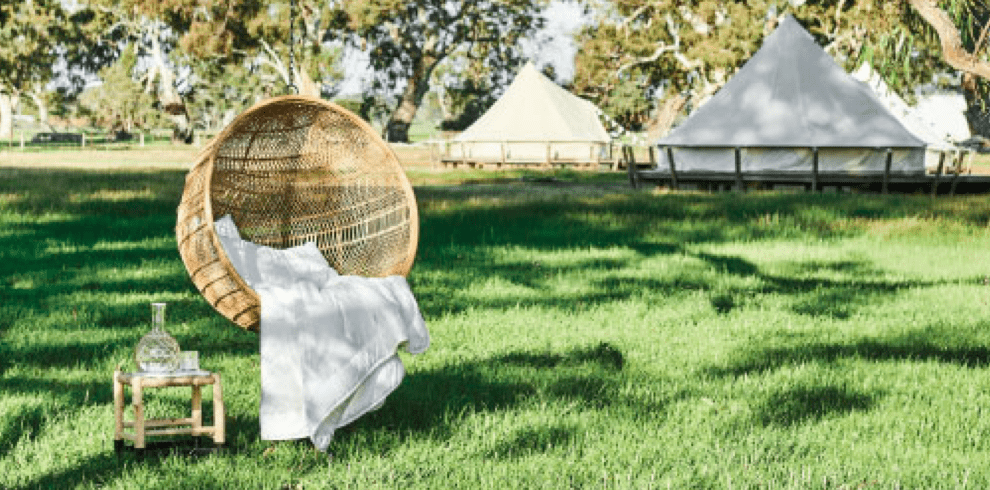Whilst symptoms of menopause vary from woman to woman, at this time of major hormonal, physical and psychological change one consistently reported symptom is poor sleep. From peri-menopause to post-menopause, hot flushes, insomnia, sleep disordered breathing issues such as sleep apnoea and increased snoring, result in disrupted sleep and contribute to increased levels of anxiety and depression.
The fluctuations in oestrogen levels that accompany the onset of menopause confuse the hypothalamus, the body's temperature control centre. The body is tricked into believing it is overheating and reacts to cool itself down by dilating blood vessels to release heat and prompting the sweat glands to perspire. During the day these 'power surges' are unpleasant but at night the heat and associated drenching clamminess often becomes unbearable. With three out of four menopausal women experiencing night sweats, it is a huge contributing factor to sleeplessness and next day fatigue.
While many women visit their doctor to seek advice on hormone replacement therapy, there are some more natural alternatives that can ease discomfort and minimise night time wakefulness associated with menopause. Simply maintaining a regular and relaxing bedtime routine is beneficial to a good night's sleep. Opting for a warm bath and a good book before bed rather than a phone or television will set the scene for bedtime. Common triggers for sleeplessness include caffeine, nicotine, alcohol and spicy food and stress and obesity contribute to poor sleep. Identifying your individual triggers and avoiding them will assist with minimising symptoms, while daily exercise has the twin benefits of decreasing stress and maintaining a healthy weight range.
In bed, try to stay cool. Keep the bedroom cool in summer and winter and choose loose fitting, comfy bedclothes. Choosing natural fibres like wool, cotton, linen or bamboo is one of the best ways to combat night sweats. These fibres breathe and are able to absorb moisture keeping the body cool, dry and comfortable. Wool has wicking properties that allow moisture to be drawn away from the skin and evaporate into the atmosphere. A wool quilt, mattress topper or pillow will not only add comfort to a bed, but help alleviate many causes of sleep disturbance.
Source woolroom.com



